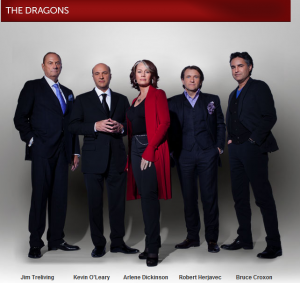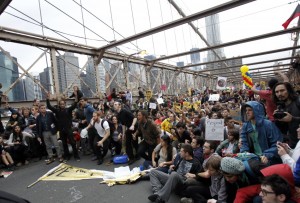The debt crisis in Europe was mentioned in class a while ago, and throughout this time, actions have been taken to ease the situation. Recently, Eurozone private banks agreed to write off 50% of Greece’s debts, which is expected to cut the nation’s debt load to 120% of its GDP in 2020. As well, the bailout fund, also known as the European Financial Stability Facility (EFSF), has been boosted from 440 billion euros to 1 trillion euros.
Klaus Regling, chief of the EFSF, hopes to leverage the fund by offering insurance to purchasers of eurozone members’ debt and setting up a special investment vehicle to which countries such as China, Japan, India, and Brazil could contribute.
However, many are skeptical about Europe taking on more debt in its attempt to solve the crisis. Though Japan has announced that it will continue to purchase more EFSF bonds, China is reluctant to commit until it sees more details of the plan. Europe’s move in asking help from China has been criticized by many, but nonetheless, it is a step in trying to clean up the mess. We’ll just have to wait and see how things play out.

Word Count: 188









